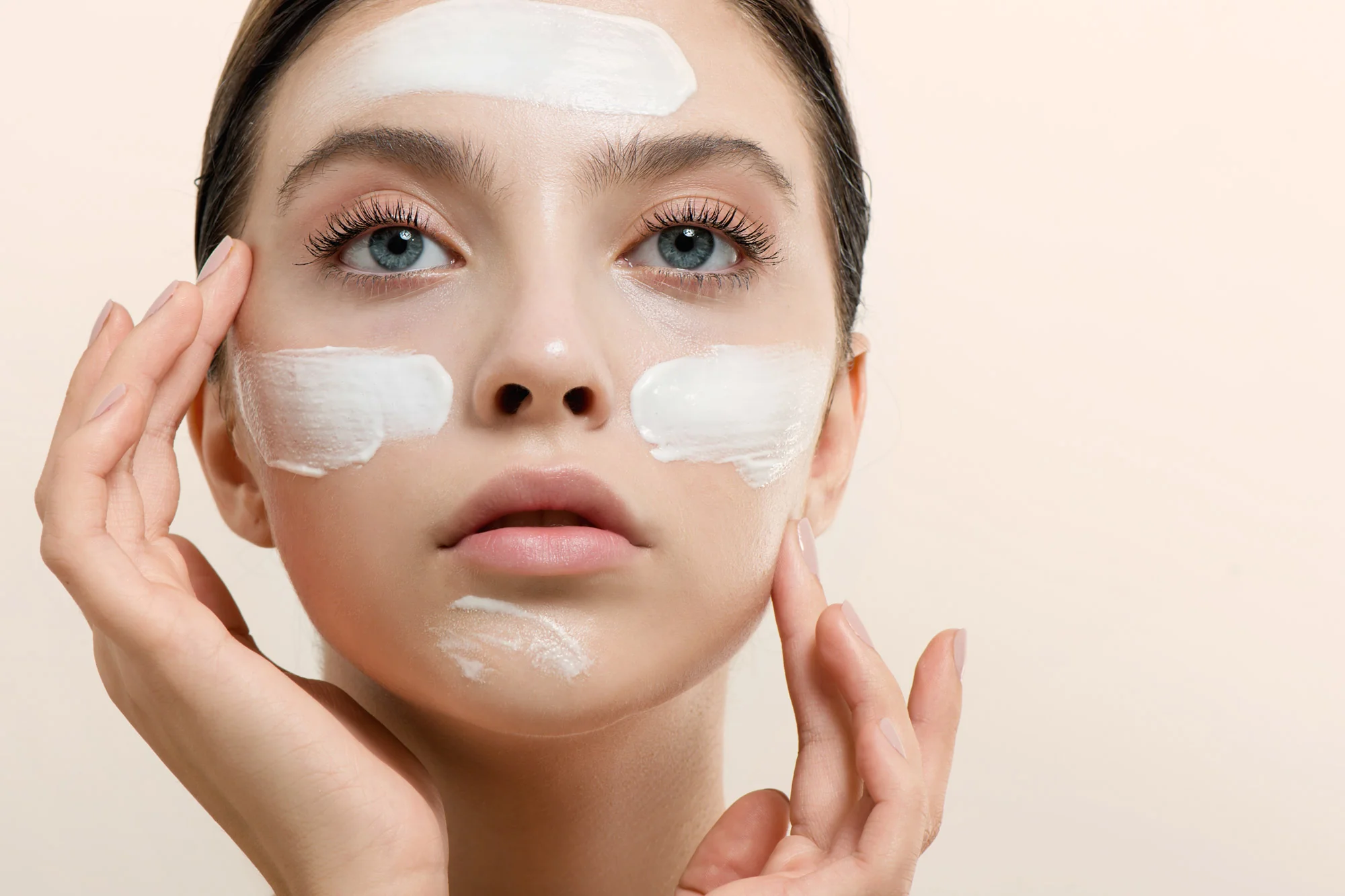Retinol, a vitamin A derivative, is a popular ingredient in skincare products due to its ability to improve skin health and appearance. Retinol serum, a concentrated form of retinol, is particularly effective at addressing signs of ageing and promoting youthful skin. By stimulating cell turnover, reducing fine lines and wrinkles, and improving skin texture, retinol serum for face can help you achieve a more radiant and vibrant complexion.
Understanding Retinol
Before we delve into the benefits of retinol serum, it’s essential to grasp what retinol does and how it works.
- Cell Turnover: Retinol encourages the skin to shed old, damaged cells more quickly, revealing a fresher, more youthful complexion.
- Collagen and Elastin Production: By stimulating the production of collagen and elastin, retinol helps to improve skin firmness and elasticity, reducing the appearance of wrinkles.
- Unclogging Pores: Retinol can help to unclog pores, preventing acne breakouts and improving skin texture.
Benefits of Retinol Serum
- Reduces Fine Lines and Wrinkles: Retinol serum is particularly effective at reducing the appearance of fine lines and wrinkles, especially when used consistently over time.
- Improves Skin Texture: By promoting cell turnover, retinol serum can help to improve skin texture, making it appear smoother and more radiant.
- Brightens Skin: Retinol can help to brighten the skin by reducing hyperpigmentation and dark spots.
- Unclogs Pores: Retinol can help to unclog pores, preventing acne breakouts and improving skin clarity.
- Stimulates Collagen Production: Retinol stimulates the production of collagen, a protein that gives the skin its structure and elasticity.
Choosing the Right Retinol Serum
When selecting a retinol serum, consider the following factors:
- Concentration: Retinol serums come in various concentrations. Beginners might start with a lower concentration, while those with more experienced skin can opt for a higher percentage.
- Formulation: Look for a retinol serum that is formulated with other hydrating ingredients, such as hyaluronic acid, to help soothe the skin.
- Skin Type: If you have sensitive skin, choose a retinol serum that is specifically designed for sensitive skin.
How to Use Retinol Serum
- Cleanse: Start by thoroughly cleansing your face to remove dirt and impurities.
- Tone: Apply a toner to balance your skin’s pH.
- Apply Serum: Dispense a few drops of retinol serum onto your fingertips and gently massage it into your skin, avoiding the eye area.
- Moisturize: Follow up with a moisturizer to lock in moisture and soothe the skin.
Tips for Using Retinol Serum
- Start Slow: If you’re new to retinol, start by using it once or twice a week and gradually increase the frequency as your skin tolerates it.
- Patch Test: Before applying retinol serum to your entire face, do a patch test on a small area of skin to check for any adverse reactions.
- Sun Protection: Retinol can make your skin more sensitive to the sun, so it’s crucial to wear sunscreen daily.
- Avoid Over-Exfoliation: Using retinol serum in conjunction with other exfoliating products can be too harsh on your skin.
Common Side Effects of Retinol Serum
- Dryness: Retinol can sometimes cause dryness or flakiness. If this happens, reduce the frequency of use or switch to a lower concentration.
- Redness or Irritation: Some people may experience redness or irritation when first starting to use retinol. If this occurs, discontinue use and consult a dermatologist.
- Peeling: Retinol can cause your skin to peel, especially when you first start using it. This is a normal part of the skin renewal process.
Retinol Serum for Different Skin Types
- Dry Skin: Look for a retinol serum that is formulated with hydrating ingredients, such as hyaluronic acid or ceramides.
- Oily Skin: Choose a retinol serum that is non-comedogenic and won’t clog your pores.
- Sensitive Skin: Opt for a retinol serum that is specifically designed for sensitive skin.
Retinol Serum for Different Age Groups
- 20s: If you’re in your 20s, you can start using retinol serum as a preventative measure to help delay the signs of aging.
- 30s: In your 30s, retinol serum can help to address fine lines, wrinkles, and uneven skin tone.
- 40s and Beyond: Retinol serum can be particularly beneficial for those in their 40s and beyond, as it can help to improve skin elasticity and reduce the appearance of deep wrinkles.
Retinol Serum vs. Retinoids
Retinol and retinoids are both vitamin A derivatives, but they have different strengths and potencies. Retinol is a milder form of vitamin A, while retinoids, such as retinoic acid, are stronger and can be more effective at treating acne and wrinkles. However, retinoids can also be more irritating to the skin.
Conclusion
Retinol serum is a powerful tool for improving skin health and appearance. By understanding its benefits, choosing the right product, and using it correctly, you can experience smoother, more radiant skin. If you have any concerns about using retinol serum, consult with a dermatologist.
